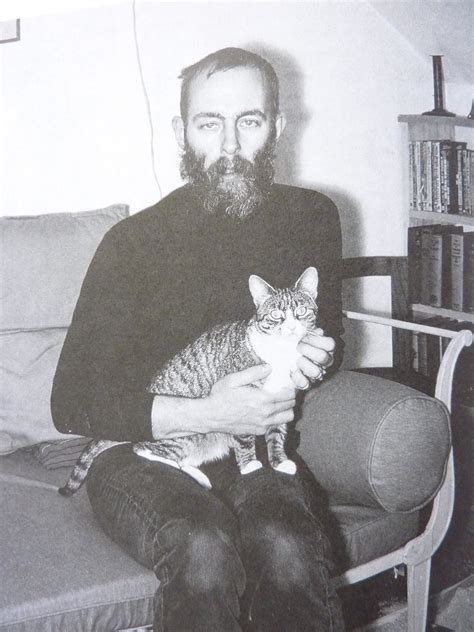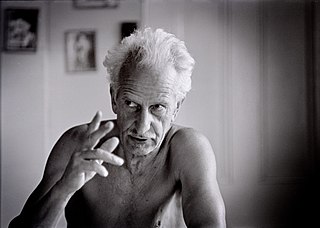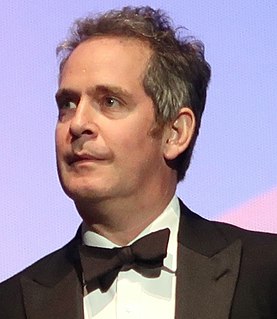A Quote by Erin McKean
Most consumers don't have a good metric for deciding on whether the dictionary they want to use is a good one... so they flip the book over, then go to the back, and it says, 'Over 250,000 entries.' And they go, 'Great, this dictionary must be awesome!'
Related Quotes
Fandango was around before the Internet. Fandango is a Spanish-American dance. It's a lively tempo dance. It's almost like the tango. That's what it says in the Merriam-Webster [dictionary]. The second entry is [defined as] 'tomfoolery.' That's what it says in the dictionary, that's what I go by. I remember Queen saying it too on 'Bohemian Rhapsody.' When I was little I never understood what they meant by 'do the fandango.
I think that right now, the global political crisis that we see all over the place has to do with virulent nostalgia. Everywhere, people are talking about taking us back to the good old days. Whether that's the "caliphate," or Britain before the EU, or "Make America Great Again." But, we can't go back and many people wouldn't want to go back even if we could.
Actually if a writer needs a dictionary he should not write. He should have read the dictionary at least three times from beginning to end and then have loaned it to someone who needs it. There are only certain words which are valid and similes (bring me my dictionary) are like defective ammunition (the lowest thing I can think of at this time).
Fail, it's not in my dictionary. I've got a good dictionary up there and the words 'fail' and 'failure' have been ruled out for years. I don't know what people are talking about who use that word. All I do know is temporary non-success, even if I've got to wait another 20 years for what I'm after, and I try to put that into people, no matter what their object in life.
Anybody who was a politician at one stage - when they were at the "I'd like to be a train driver" stage of their lives - must also have thought: "I'd like to make the world a better place if possible." So, I think that's why most politicians go into it. They don't want to take over the world and most go into it for good reasons and then, presumably, are beset by endless things stopping them from following their natural inclination to do the right thing.
If you hear a good idea, capture it; write it down. Don't trust your memory. Then on a cold wintry evening, go back through your journal, the ideas that changed your life, the ideas that saved your marriage, the ideas that bailed you out of bankruptcy, the ideas that helped you become successful, the ideas that made you millions. What a good review-going back over the collection of ideas that you gathered over the years. So be a collector of good ideas for your business, for your relationships, for your future.



































